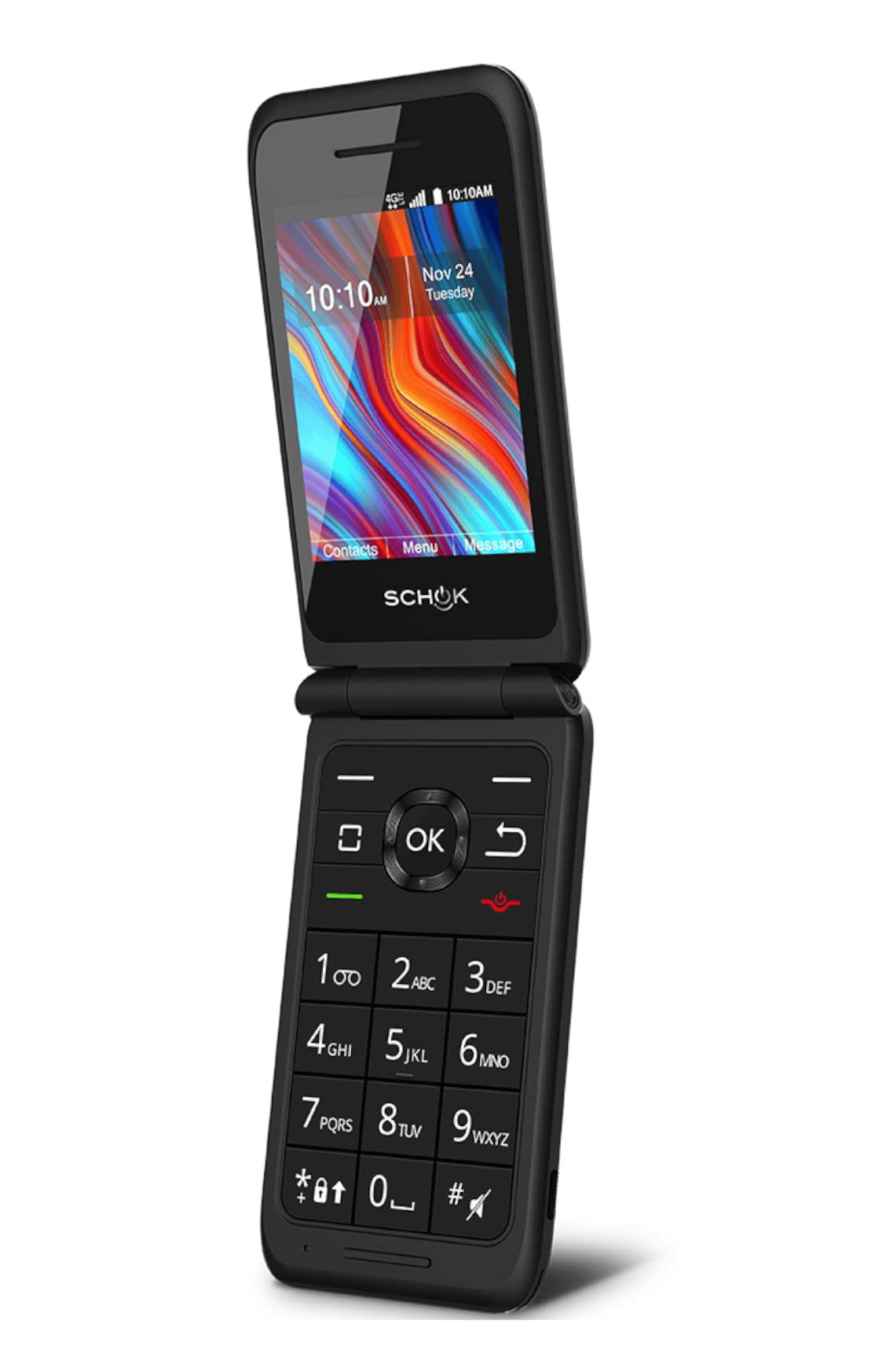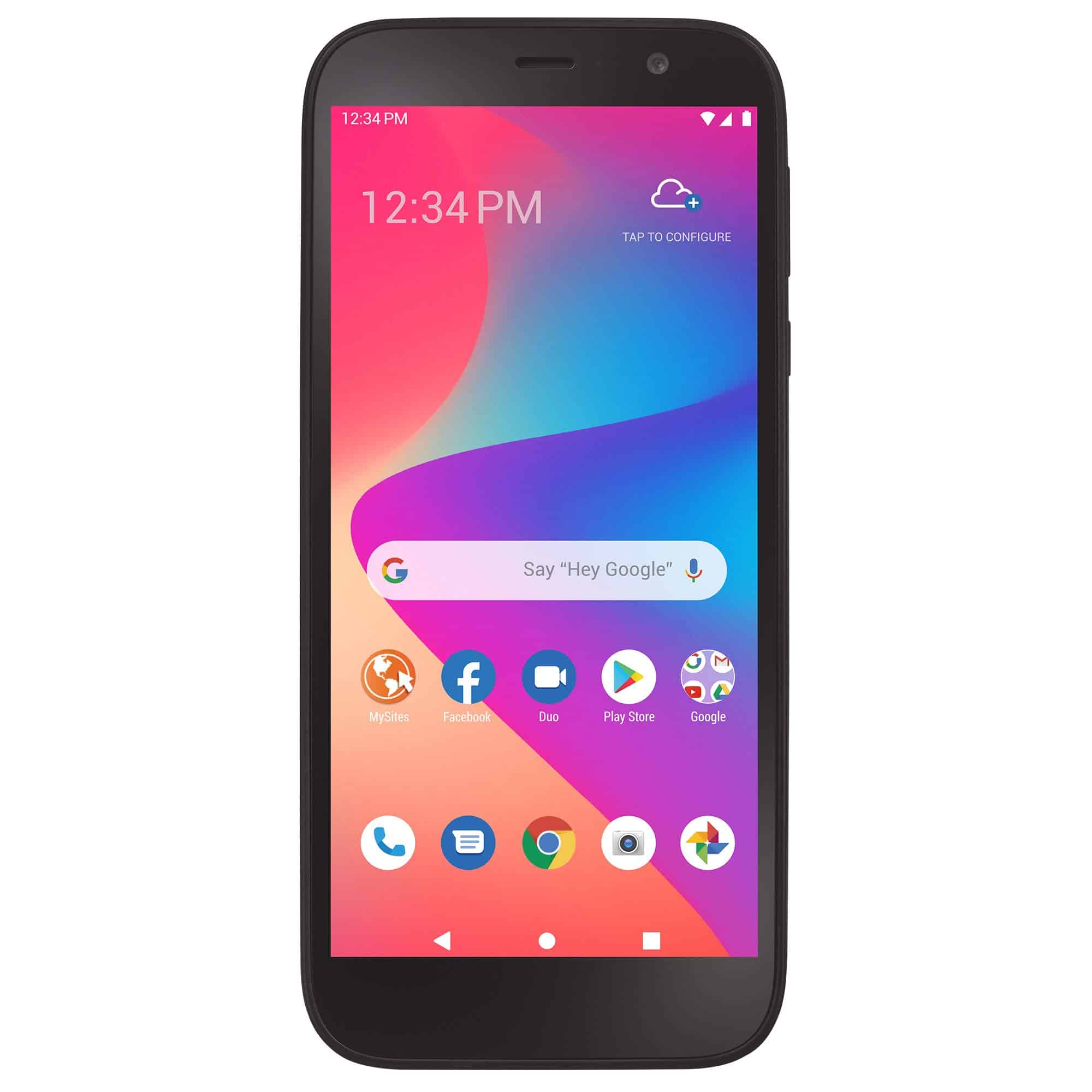Prepaid phones offer a flexible alternative to traditional cell phone plans. These devices allow users to pay for service in advance, without long-term contracts or credit checks. Prepaid phones work by purchasing minutes, texts, and data upfront, which can be used until the balance is depleted or expires.
Users can buy prepaid phones at various retailers or online stores. They come with a SIM card and can be activated immediately. Once activated, customers load money onto the account to buy talk time, texts, or data. When the balance runs low, users simply add more funds to continue service.
Prepaid plans come in different tiers based on usage needs. Many offer unlimited talk and text with varying data allowances. Some providers also include international texting. Prepaid phones support popular smartphone features and apps, making them a viable option for budget-conscious consumers.

Understanding Prepaid Phone Plans
Prepaid phones offer a flexible and accessible way to stay connected. They work differently than traditional contract plans. Let’s explore how prepaid phones operate and what benefits they provide.
What is a Prepaid Phone?
A prepaid phone, also known as a pay-as-you-go phone, allows you to pay for your mobile service in advance. You purchase a set amount of minutes, texts, and data. These are valid for a specific period. Once you use up your allowance or the time period expires, you need to recharge your account to continue using the service.
How Do Prepaid Phones Work?
1. Choose a Carrier and Plan: Select a wireless carrier that offers prepaid services and pick a plan that suits your needs. Plans typically include a combination of minutes, texts, and data.
2. Purchase a Phone or Bring Your Own: You can buy a phone directly from the carrier or bring your own compatible device. Many carriers support unlocked phones.
3. Activate Your Service: Follow the carrier’s instructions to activate your prepaid plan. This usually involves inserting a SIM card into your phone.
4. Add Credit: Purchase a prepaid card or add credit online to your account. This credit is used to pay for your usage.
5. Monitor Your Usage: Keep track of your minutes, texts, and data usage. Many carriers offer apps or online dashboards to monitor your balance.
6. Recharge as Needed: When your credit runs low or your plan expires, recharge your account to continue using the service.
Benefits of Prepaid Phones
- No Contracts: Prepaid phones offer flexibility without long-term contracts.
- Cost Control: You pay only for what you use, helping you manage your budget.
- No Credit Checks: Prepaid plans are accessible to those with limited or no credit history.
- Variety of Plans: Carriers offer a range of prepaid plans to suit different needs and budgets.
- Easy Setup: Activating a prepaid plan is usually quick and straightforward.
Prepaid vs. Postpaid (Contract) Plans
| Feature | Prepaid | Postpaid (Contract) |
|---|---|---|
| Payment | Pay in advance | Pay after usage |
| Contract | No contract | Typically 1-2 year contract |
| Credit Check | No credit check | Credit check required |
| Flexibility | High flexibility | Less flexibility |
| Cost Control | More control over spending | Potential for overage charges |
Key Takeaways
- Prepaid phones use a pay-as-you-go system without contracts
- Users buy minutes, texts, and data upfront before using the service
- Prepaid plans offer flexibility with various tiers and features
Understanding Prepaid Phones and How They Work
Prepaid phones provide a convenient and affordable way to use mobile services. They are ideal for those who want flexibility, cost control, and no long-term commitments. With a variety of plans and carriers available, you can find a prepaid option that fits your lifestyle and communication needs.
Prepaid phones offer a flexible and cost-effective alternative to traditional phone plans. These devices allow users to pay for services in advance, giving them control over their spending and usage.
Definition and Basic Concept of Prepaid Phones
Prepaid phones are mobile devices that operate on a pay-as-you-go basis. Users purchase credits or a set amount of minutes, texts, and data upfront. The carrier deducts from this balance as the user makes calls, sends messages, or browses the internet.
When the balance runs out, users must add more funds to continue using the phone’s services. This system eliminates monthly bills and long-term contracts. Prepaid phones often come with a SIM card that can be easily inserted into compatible devices.
Many carriers offer prepaid options, including major networks and smaller providers. These plans typically don’t require credit checks or deposits, making them accessible to a wide range of users.
Comparison with Postpaid Phone Plans
Prepaid plans differ significantly from postpaid options. Postpaid plans bill users after they use services, often on a monthly basis. These plans usually require contracts and credit checks.
Prepaid plans offer more flexibility. Users can change or cancel services without penalties. They also provide better budget control, as there’s no risk of overage charges.
Postpaid plans may offer newer phone models at discounted prices with contracts. Prepaid users typically buy phones outright or bring their own devices. While postpaid plans might have better roaming options, prepaid plans are catching up in this area.
Different Types of Prepaid Phone Plans Available
Carriers offer various prepaid plan options to suit different needs. Pay-as-you-go plans charge per minute, text, or megabyte of data used. These are ideal for light users or those who need a phone for emergencies.
Monthly prepaid plans provide a set amount of minutes, texts, and data for a fixed price. These plans often renew automatically if funds are available. Some carriers offer unlimited talk and text with varying data allowances.
Family prepaid plans allow multiple lines on one account, often at a discounted rate. Data-only plans cater to tablet or hotspot users who don’t need voice services.
Some prepaid plans include international calling or texting options. Others offer add-ons for extra data or international services. Users can often switch between plan types as their needs change.







